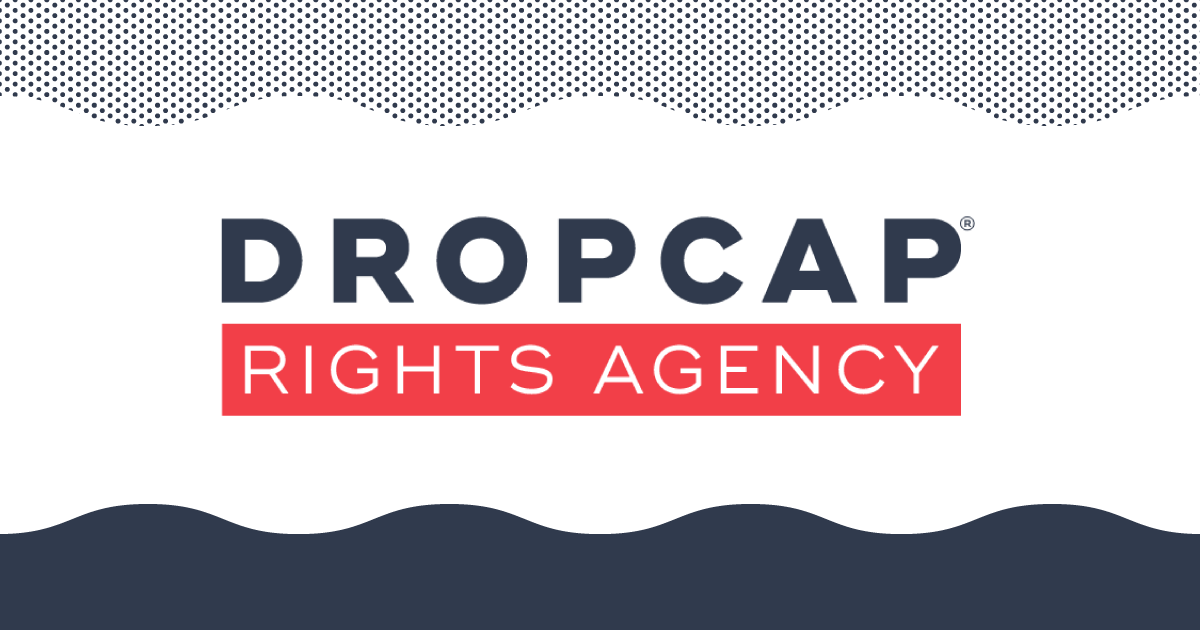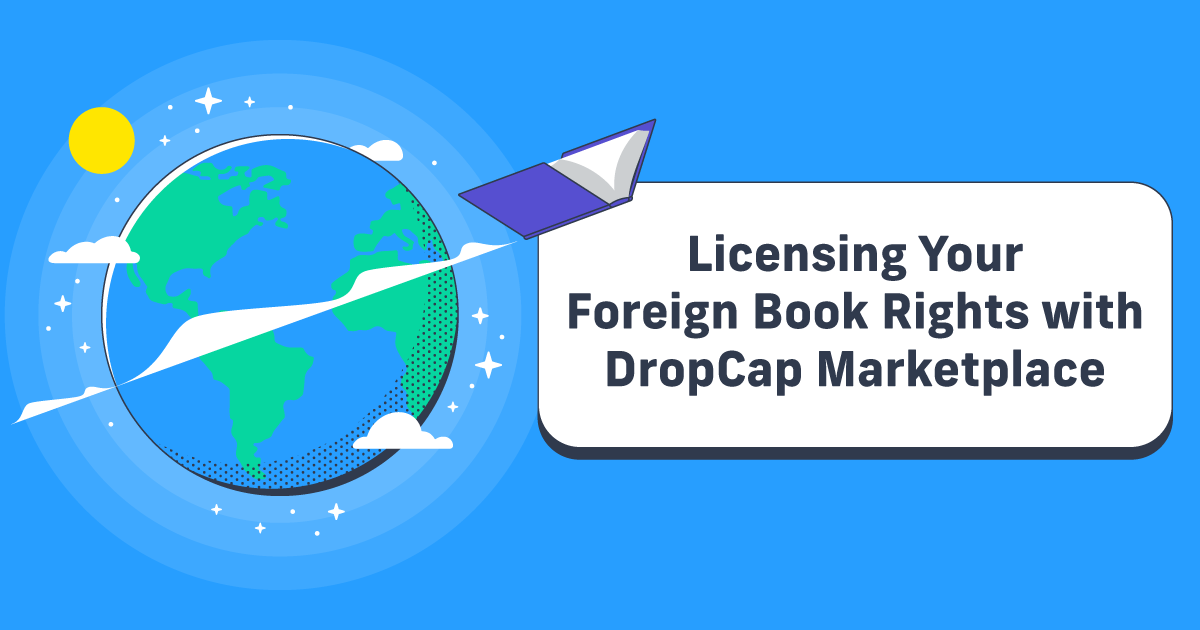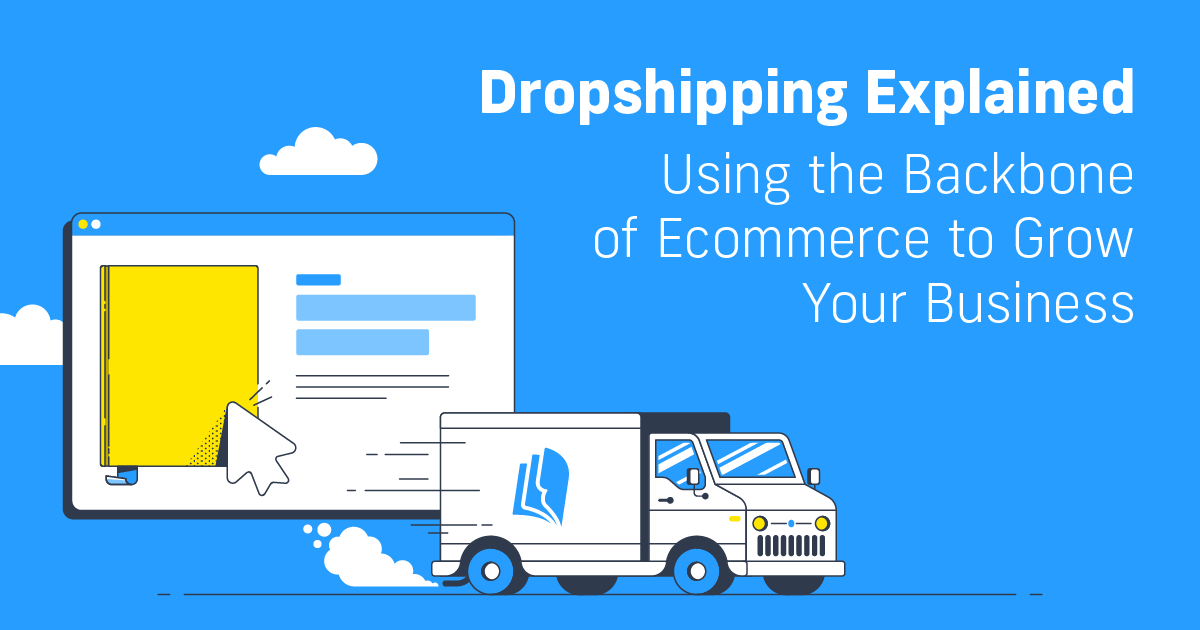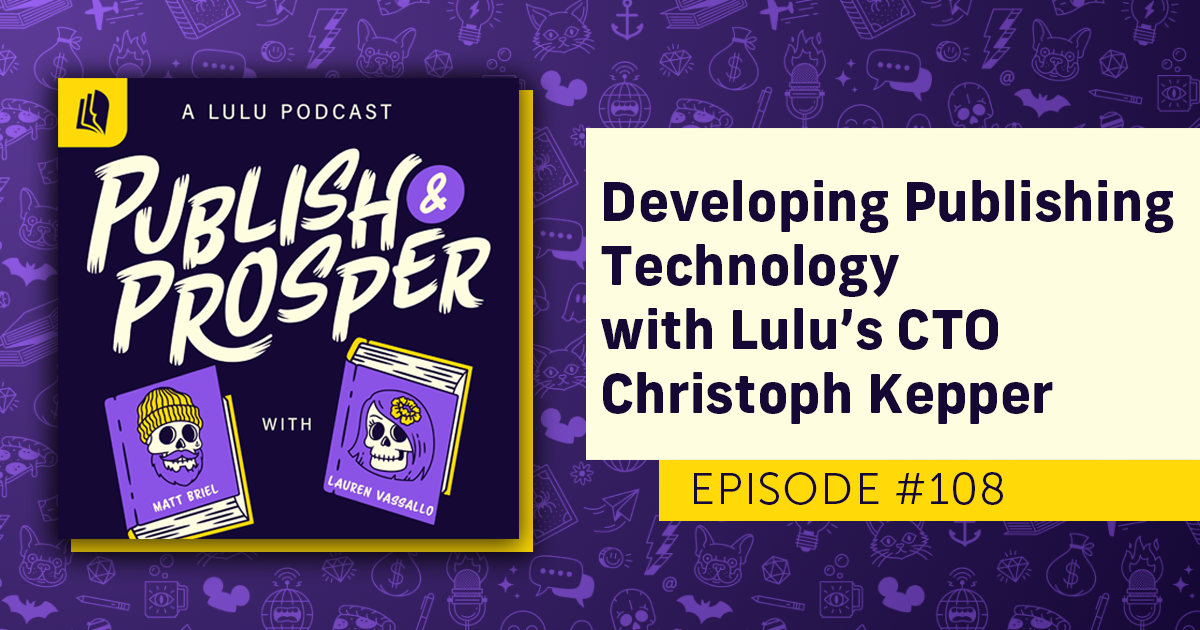Licensing Your Foreign Book Rights with DropCap Marketplace
At Lulu, you can always count on at least one of two things to be true: we’re book nerds with an ear out for the latest trends in publishing, and we’re tech geeks looking for innovative tools to help authors and creators prosper. When we’re really lucky, we get to do both.
We recently learned about DropCap Marketplace, a cutting-edge platform that makes foreign rights licensing simple and accessible for indie authors, created by DropCap. We knew right away that this was a game-changer and were so excited to partner with the team at DropCap to further our mission to empower authors and creators.
But to fully realize how awesome DropCap is, and why we think this is an incredible platform for self-published authors, it’s important to understand what it means to license your book rights.
What Does it Mean to License My Book Rights?
In general, licensing your book rights (or subsidiary rights) involves giving a third party legal permission to produce and sell your book. Depending on your contract terms, you may be allowing a production company to create and distribute your audiobook, or a book subscription service to make an exclusive edition of your print book.
When it comes to international book rights, or foreign book rights, you are granting a publisher or distributor in another country permission to produce and sell the book in that foreign market.
Of course, if you’re selling your book through global distribution, then your book is technically available to buyers in markets around the world. However, there’s a difference between your book being available and your book being [actively promoted]. When licensing your book rights to a foreign publisher, you’re connecting with a partner that knows how to tailor your book and marketing efforts to target their local audience.
What Am I Giving Away?
Nothing. You’re granting permission to use, reproduce, and modify certain aspects of your book, but your intellectual property—and your copyright—still belong to you. The access you grant to your content will be outlined by terms in a legal contract, including details like:
- What countries and territories the publisher may publish and promote your book in.
- What languages the publisher may translate your content into.
- What formats the publisher can publish your book in.
- How long the publisher has access to your content.
- How you’ll receive revenue payments from the publisher.
What’s Going to Happen to My Book?
The specific details of what the publisher can and will do to prepare your book for market will likely be part of your contract negotiations. This may mean making edits and changes like:
- Translating your book, including the content, title, cover copy, and marketing copy.
- Redesigning the cover to appeal to their market trends and audiences.
- Making minor edits to the content to better resonate with their market audience.
How Much Control Do I Have Over What Happens to My Book?
That depends on your contract! The best way to retain control over your book is to work with a rights agent while securing your international rights deal. These experts are professionally invested in making sure you get the best deal possible for your book rights and are an invaluable resource for contract negotiations.
Why Would I Want to License My Book Rights?
There are plenty of reasons why you may want to license your book rights—money, brand awareness, audience reach, authority building, boosting sales, learning about new markets, the list goes on. We’ve talked about why you should go wide with your book sales; reaching out to international marketplaces is another way to do that.
Adding a New Revenue Stream
If you’re relying on your books for income, licensing your rights to an international publisher can be a great way to add an additional revenue stream without writing a new book or launching a new product. The specifics of how you’ll earn revenue will be negotiated as part of your contract, but you may be looking at a nice advance payout or a steady stream of passive income from sales.
Branching Into a New Market
If you’re using your book as a lead magnet and authority builder for your business, international sales can test the waters in a new market. Partnering with an international publisher to promote your book in a foreign country can help you build a solid foundation of brand recognition or thought leadership within that market.
In fact, you’ll likely be able to learn what content best suits your new target audience and gain a better understanding of that market. When you’re ready to take intentional steps to launch your brand in this new space, you’ll already have data and experience to help design your strategy.
Capitalizing on Market Audiences & Trends
If your goal is to build an author brand and grow your readership, licensing your international rights introduces your work to a whole new audience of readers
Cultural trends are not universal—an explosive genre in one market might be a flop in another. Launching your books into foreign markets might be a fantastic opportunity to revitalize your backlist, boost sales, or extend the shelf life of your latest release.
How Can I Secure a Licensing Deal With Foreign Publishers?
Historically, there are two ways for indie authors to secure a licensing deal with a foreign publisher:
- The publisher will reach out to the author and offer a deal.
- The author will work with a rights agent to pitch publishers.
Receiving an Unsolicited Offer From a Publisher
It’s not unheard of for a publisher to reach out to an indie author and offer them a publishing contract, whether domestic or international. In these instances, it’s usually because the book, or books, are selling exceptionally well, or the publisher is searching for a specific type of content for their market.
The great news in this scenario is that the publisher has reached out to you for a reason—they believe your book is a good fit for their market and are prepared to invest in the production and promotion of your work.
The downside is that this approach is purely passive. If you’re lucky enough to have a publisher reach out with an offer, amazing, but there’s nothing you can actively do to make that happen.
You’ll also need to be aware that without the help of a rights agent, you may not have the opportunity to negotiate the terms of your contract. Contract law is not something to lightly approach with a DIY-can-do attitude; you’ll want to ensure you’re retaining your rights to your work, receiving a fair payout, and not signing your work over to bad actors.

Your Free Lulu Account
Create a Lulu Account today to print and publish your book for readers all around the world
Working with an Agent to Secure a Contract
For a more active approach to securing a foreign rights contract, authors can work with a rights agent. This process looks very similar to acquiring a literary agent for traditional publishing:
- The author pitches their book to appropriate agents for potential representation.
- After agreeing to represent the author, the agent pitches publishing companies for potential book deals.
- If interested, the publisher offers the author a contract.
- If necessary, the agent negotiates the contract terms until all parties agree and the contract is signed.
Rights agents, like publishing agents, are a fantastic resource for any author. Their career—and often, their salary—is dependent on successfully matching suitable authors and publishers. They’ve worked hard to foster relationships with publishers and have a keen understanding of the nuances of contract terms. Whenever possible, it is in your best interest to work with an agent when negotiating any kind of legal contract for your work.
But there are a few complications to consider throughout this process.
First, agents specialize in different genres, different markets, etc.—you cannot just pitch any agent with any book and expect to secure representation. You’ll need to thoroughly research potential agents that specialize in your genre, operate in your market of interest, and are currently open to submissions.
Also, be aware that securing representation does not guarantee a contract. Agents generally only agree to work with an author they feel confident about, but they are still subject to a variety of factors they have no control over.

Using DropCap Marketplace to Find an Agent or Buyer
If this is all starting to sound a little daunting, that’s understandable. That’s also why we’re so excited about DropCap Marketplace. By combining the best of both potential paths to contract, DropCap has taken a traditionally convoluted process and made it simple and accessible.
Even better, they’ve thought of solutions for the major pain points; there’s no need to research and pitch agents, their built-in team of pros will oversee your contract. The buyers accessing the marketplace have been vetted and approved, so there’s no fear of bad actors. They’ll even help you maximize your book’s discoverability.
Here’s an overview of how it works, or you can check out DropCap's How it Works guide for a deeper dive into the details:
Step One: List Your Book
DropCap has made it easy for authors to list their books in the marketplace—all you need is an account and an ISBN.
By following the guided setup you’ll provide everything a potential foreign publisher will want to know right there in your marketplace listing. Whether it’s your sales data, author credentials, awards and accolades, language and markets of interest, etc., DropCap will ensure you’re presenting a complete, polished pitch.
Step Two: Buyers Browse the Marketplace
Over 2,700 (and counting!) verified global rights buyers from 120+ countries can access DropCap Marketplace to browse for books. Considering translated titles make up 35% of global book revenue, you can rest assured that these buyers are actively seeking out new titles.
DropCap Marketplace delivers qualified book listings to buyers. Buyers can also receive personalized pitches and see curated roundups of newly added books and books that match their search criteria.
The marketplace is also supported by a team of DropCap’s international rights agents. Your book isn’t exclusively reliant on an algorithm to find its way into the hands of potential buyers—DropCap agents also actively pitch books to relevant buyers.
Step Three: DropCap Agents Handle Rights Deals
Once a buyer inquires about licensing a particular book, the author can choose how to move forward. You may prefer to finalize the deal yourself. If you do, you’ll be secure in the knowledge that DropCap has vetted and approved any buyers reaching out to you.
If you’d rather call in the pros, DropCap’s agents can negotiate and finalize the deal for you!
What Steps Should I Take to Get Started?
Like so many other areas of publishing, taking your book international is something that takes research and planning. Use resources like DropCap’s blog or Publish & Prosper to learn more about international rights options.
Researching potential agents, drafting customized queries, and pitching your book takes hours of your time. Membership to DropCap Marketplace runs between $197 and $397 annually, depending on the number of books you want to list.
Learn more about DropCap Marketplace Plans & Pricing.
So before you make the jump into foreign waters, you may want to take the time to assess whether it’s worth your time, effort, and expense. There are a few things you may want to consider:
- Does your sales data show international sales in any specific markets?
- Does your email or social media data show fans and followers in foreign countries?
- Are there any countries where your content or genre is trending right now?
These questions can help guide your focus, but are not definitive indicators of international success or failure. Your number one priority should be supporting your goals for your brand and your book. If licensing your foreign rights helps you work towards those goals, then go for it!
When you’re ready, sign up for DropCap Marketplace and see where your book will travel to!





